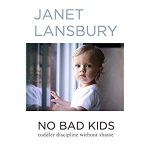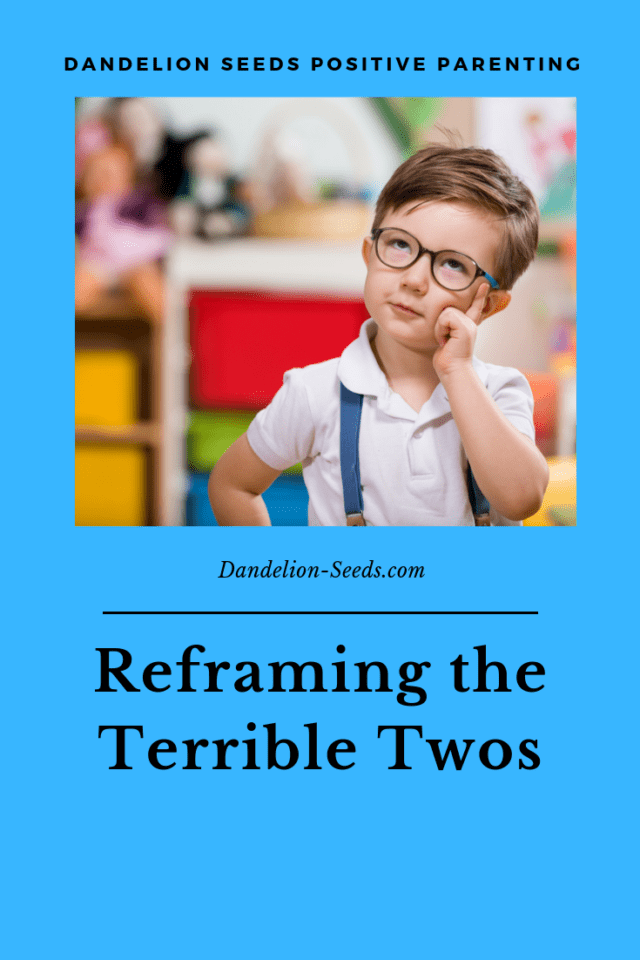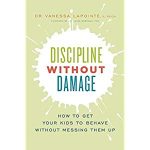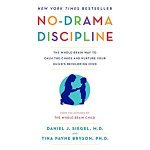
Sign in
Don't have an account with us? Sign up using the form below and get some free bonuses!

I recall one afternoon shortly after my own daughter turned two. She looked at me and announced ever so confidently, "Park. No pants." Hold the phone---when did she learn to say "park?" And was she actually

requesting to go there without any pants on? (She was. We went; her, without pants, and me, fully clothed. It was warm. No one batted an eye.) I realized at that moment that the baby I'd just figured out, suddenly wasn't that person anymore. She was evolving before my eyes.
So, true. We do need to adjust our parenting at this milestone age.
Whereas before we had a child who was likely happy to be carried much of the time, we now have someone who wants to walk. (And by walk, I mean sprint precariously forward, and usually with turbo speed when stairs or vehicles are present.) Suddenly, we need to sprint after a fully functioning human body, and that's new to us.
Whereas before we could talk to our little person and he'd smile or babble in response, we now have someone who's forging his own opinions about things. Suddenly, we need to navigate a new opinion in the house, and that's new to us.

The human brain will never again grow as fast as it's growing right now in these first few years of childhood. As much as it is for us---the adults---to process, it's even more overwhelming for the little people to whom this "growing up" thing is happening. Sometimes, it manifests in what adults perceive as suboptimal behavior, such as tantrums.
as tantrums.
One important thing to note is that throwing a tantrum isn't about disobedience; it's a little one's way of saying, "This is pretty overwhelming right now! Can you please support me?" Unfortunately, two year olds often lack the verbal skills, not to mention the development in the prefrontal cortex (the part of the brain that controls impulses) to help them do anything other than exactly what they're doing. Some quick brain science: the prefrontal cortex doesn't fully develop until around age 25.
I realize that when a child throws a temper tantrum at the grocery store or on the playground, it's inconvenient. Sometimes, it's downright embarrassing. If situations like that irk you, please know you're not alone. Remain calm; practice deep breathing.
If I had a single piece of advice around your child's big feelings, I'd suggest that you let go completely about what other people think and simply connect to your child. This connection is going to get you through age two, and all of the other years that follow. Now is a great time to practice.
And here's the crazy thing---most "terrible twos" spend very little time upset. In my personal and professional experience, two year olds are incredibly delightful most of the time. The amount of time they spend being curious, giggly, and affectionate far outweighs anything else.

Surprise people with your ability to see the joy at your child's newfound mobility and freedom, because it's new to him. We can learn to run faster.
Surprise people with your gentle support of your child's awesome new ways to show you "This is who I am and what I like," because advocating for herself is new to her. (And how freeing it must be to clearly know your boundaries like little kids do. What a gift they have this way!) We can learn to help our child navigate communication.
Surprise people with your flexibility around forced sleep times; we all sleep when we're tired enough, and this incredible desire to play with you every waking hour is new to your child, too. We can learn to adapt.
Part of respectful parenting means we learn to work with the child in front of us, even when it requires that we, ourselves, grow in our abilities. Additionally, it means we're intentional about the ways we describe our children to others. Our words matter and our kids are listening. Do we like them? Do we want to foster a positive connection based on mutual trust? As parents, we're called not only to be kind to them, but also to reflect that kindness in the words we use about them.
When someone mentions the "terrible twos" to me, I often reply with a shrug and respond, "Huh. I've always called them the 'terrific twos.'" 'Nuff said. One person at a time, we can change perception---because after all, our perception is our reality, isn't it?
Your two-year-old child is wonderfully fine, and more often than not, perfectly terrific.
